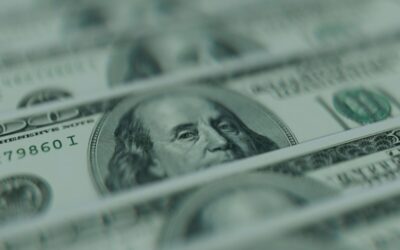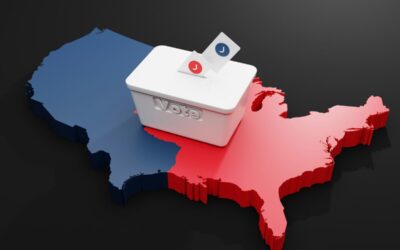By Richard Aston, portfolio manager of the CC Japan Income and Growth Trust plc
When he became Japan’s prime minister last month, many wondered if Fumio Kishida could steer his Liberal Democratic party to victory in the nation’s imminent general election. Especially with his predecessor vacating the role after only a year on the back of the party’s controversial approach to the Covid-19 pandemic.
Kishida not only led the LDP to victory, but he secured enough lower house seats to govern without its coalition partner Komeito.
Markets quickly welcomed the better-than-expected result, with the Nikkei and Topix both clocking large one-day gains. As they did so, the newly secure PM immediately got to work laying out his plans in a public address.
Among other key areas, Kishida made it clear that a particularly critical area of focus for his government will be the acceleration of Japan’s post-pandemic recovery. He has already alluded, for example, to measures such as an extra budget in 2021 and public expenditure injections totalling trillions of yen.
Right now, it remains to be seen how Kishida’s plans will play out. However, we believe the early signs suggest the new PM’s priorities are well aligned with our own when it comes to making Japan as attractive an investment destination as possible.
With this in mind, here are three areas in particular where we would like to see continuing improvements under Kishida’s government…
- Boosting Japanese consumption
Much of the developed world is currently dogged by inflation concerns. The Fed is now even beginning to scale back its enormous, pandemic-related stimulus programme, for example.
Conversely, Japanese policymakers in the infamously deflation-prone nation are currently struggling to come anywhere close to their 2% inflation target. Consumer prices only rose by 0.2% year-on-year in September.
The problem here is two-fold. First, although it is now really starting to pick up momentum, Japan’s post-Covid recovery was heavily delayed by repeated states of emergency and a slow vaccination roll-out. Second, the country is a nation of savers, with its savings rate even hitting a two-decade high of 44% (as a proportion of overall income) in the five months through August 2020.
As inflation can slow economic growth and even lead to depressed wages and mass unemployment when it runs too low, it is encouraging to see that Kishida is clearly committed to overcoming this issue.
For example, he has publicly pledged to put in place measures to increase wages, which often leads to an overall rise in the cost of goods as corporations fight to maintain profits. He has also outlined plans to include cash handouts to non-regular workers in an economic stimulus package planned for release by mid-November. If this leads to increased consumer spending it could benefit Japan’s economy over the long-term.





